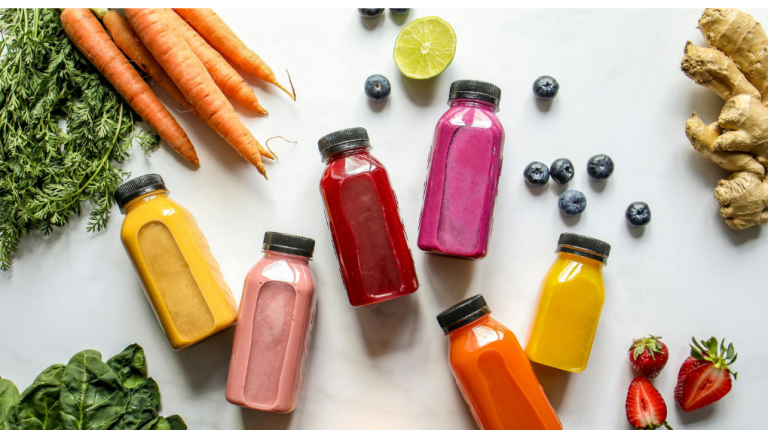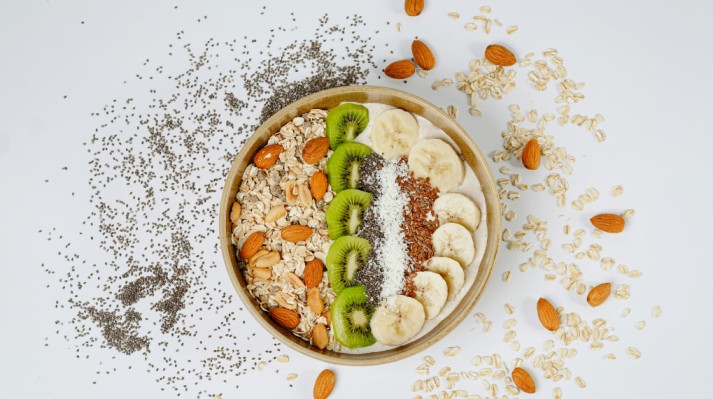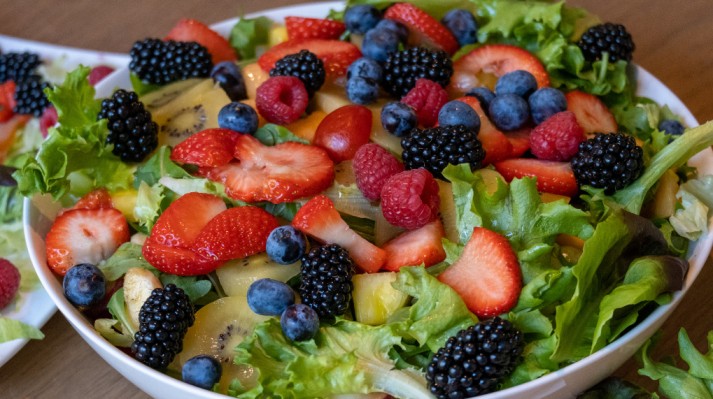While ageing human beings face many adversities, regularly exercising and abstaining from substances such as alcohol, cigarettes, and unhealthy foods is highly relevant. Food also has an important role to play in this process, affecting virtually every aspect of an older adult, from energy levels to muscle bulk and brain power. This knowledge can go a long way in enhancing the quality of life and enabling elderly people to be more active and self-reliant for many years. This guide gives information on the importance of nutrition in ageing and how one can manage to feed in accordance with the ageing process.
Understanding Nutrition for Healthy Aging
What is Healthy Aging?
Healthy ageing is a concept that relates to the ability of an individual to continue enjoying good health, including bodily, mental, and social health, as one age. This is not about longevity but about quality of life. Some of the changes that occur in the body include a slow metabolism, low bone density, and changes in muscle mass that come as people age. These changes modify the nutrient requirements for the body and thus require a change of diet and lifestyle.
Ageing should be healthy as this will help reduce cases of chronic diseases and increase mobility and quality of life. Proper nutrition reduces some of the effects of ageing that compromise the physical health of elderly people to enable them to lead productive lives.
How Nutrition Affects Aging?
Nutrition is one of the critical aspects of the human body as people age. Some nutrients should be taken on be taken daily basis to support the body’s health and avoid diseases. For example, proteins contribute to the maintenance of muscle tissue, calcium and vitamin D – to bone tissue, and antioxidants – to protection from oxidative stress. Nearly six million frail older adults jeopardize their health when they do not get enough food; they weaken quickly physically and mentally and are at higher risk of falling ill with diseases such as heart disease, diabetes, and osteoporosis.
Proteins support muscle health, omega-3s for brain support, and vitamins C and E for fighting inflammation and oxidation. These nutrients need to be taken frequently to ensure that the body is adequately supplied for the longevity of the human body.
Benefits of Proper Nutrition for Healthy Aging
Maintaining Muscle Mass and Strength
Sarcopenia is the permanent decrease in muscle mass that occurs with age. If the elderly do not eat properly, they lose muscles and strength, affecting their ability to move and increasing their chances of falling. Protein is important for muscle mass preservation, and when accompanied by resistance training, it is important to consume adequate amounts of protein. Lean meat, beans, and dairy products are sources of amino acids that help rebuild muscles that have been torn.
There is some evidence that protein requirements may rise with age and that spreading protein intake across the day optimizes MPS. But more importantly, it helps older adults get enough protein to keep their muscles strong and their bodies functional.
Supporting Bone Health
One of the most persistent problems of elderly people is osteoporosis and fractures, but if the diet is properly chosen, these risks can be minimized. Calcium and vitamin D are also vital nutrients for bones since they contribute to the formation of strong bones that cannot be easily fractured. Mineral supplements include calcium that the elderly should take from dairy products, green vegetables, and plant-based products, including soy products.
Calcium should be taken together with Vitamin D, also referred to as the Sunshine Vitamin, because it helps the body in the absorption of calcium. As we have seen, other nutrients, like magnesium and vitamin K, are also involved in bone formation; therefore, diet is very important to bones.
Key Nutrients for Healthy Aging
Protein Sources
Proteins required by older adults are of high quality to ensure that the muscles and other body tissues are well maintained. Examples of lean protein foods include chicken and turkey, while good sources of low-fat dairy products include yogurt and cheese, legumes, and other soy products like tofu and quinoa. Frequency is also important with protein; consuming it at regular intervals in a day is good. Having 20-30 grams of protein in a meal helps achieve the nutritive value without compromising the digestive system.
Healthy Fats
Essential fats are necessary for the brain and in the prevention of inflammation, which is an important issue in the elderly. Omega-3 essential fatty acids, which are contained in fish like salmon and sardines and in flaxseeds and walnuts, keep the brain healthy and decrease the risk of developing age-related mental disorders. Other good fats, including fats found in avocados, olive oil, and nuts, contain anti-inflammatory properties and are useful in keeping the heart healthy.
Antioxidants and Phytochemicals
Oxidative stress reduces with age because the body has a reduced capacity to defend itself. Foods with bright pigments, such as berries, spinach, and bell peppers, contain antioxidants that combat free radicals and decrease inflammation. Phytochemicals, which are naturally occurring compounds in plants, add to the body’s shield against chronic diseases by boosting immunity and reversing cell deterioration. Consuming antioxidants in the daily meals of older adults can easily enhance the client’s health.
Creating a Nutrition Plan for Healthy Aging
Balanced Meal Planning
Meal planning for older adults is aimed at making several food groups to cover all nutritional needs of the body. The plate should consist of lean protein, whole grains, colourful vegetables, and healthy fats. It helps to guarantee that important vitamins, minerals, and other nutrients are taken daily, which is good for the health of human beings. Older adults must ensure they take foods with the most nutrients for the least energy since metabolism slows down as one ages.
Mindful Eating Practices
The steps of mindful eating include the choice of food, listening to the body’s signals of hunger, eating without distractions, and chewing well. It can also enable older adults to take time to eat and avoid taking more food than required into their bodies. It also helps in digestion and enhances the uptake of nutrients. Dividing food intake into several meals also helps to control hunger, especially in situations when appetite is decreased or in cases of gastrointestinal disorders.
Staying Hydrated
It is also important to note that water is one of our diets’ most neglected components as people age. The elderly are at a higher risk of developing dehydration because of reduced sensitivity to thirst and kidney dysfunction. Consuming water at intervals within the day and eating foods with high water content, like fruits and soups, can also assist in attaining enough fluid intake. Another helpful approach is to use alarms to drink water as well, so you won’t forget to take water during the day.
Tips for Implementing Healthy Nutrition Habits
Consulting with Health Professionals
A nutritionist or dietitian services guarantee an individual is provided with his or her preferred meal since the services provided cater to the special needs of the unhealthy. Individual nutrition recommendations that can help prevent or control diseases, including diabetes, heart disease, and other chronic illnesses, can greatly enhance quality of life. It is also important that health professionals can track the progress and make all the necessary alterations to the diet.
Incorporating Physical Activity
Adequate nutrition with exercise is the secret to positive ageing. Exercise allows muscles to be retained and keeps the heart and mind in shape. To be active, the elderly should engage in moderate activities such as walking, swimming, or even practising yoga. Proper diet and regular exercise improve quality of life and the ability to remain independent for as long as possible.
Conclusion
Eating well is an important factor in ageing healthily: getting the right nutrients, staying hydrated, and avoiding overeating. When older people consume nutrient-rich foods and engage in physical activities, their health will be improved, chronic diseases will be averted, and they can live longer without assistance. Nutrition is not just about living longer but about living better and as long as possible in later years.
At QUA Nutrition, we understand that healthy ageing starts with proper nutrition. Our expert nutritionists craft personalized meal plans tailored to your unique needs, focusing on nutrient-dense foods that promote longevity, vitality, and overall well-being. Whether you’re looking to support cognitive health, maintain mobility, or boost your immune system, our science-backed approach ensures you get the essential nutrients to age gracefully and stay active. Let our nutritionists help you embrace ageing with strength, energy, and confidence through a balanced, nourishing diet.










